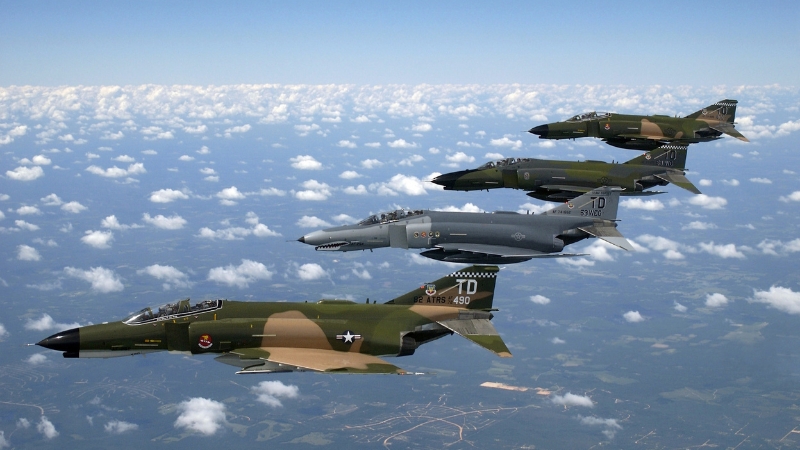Over the past few months, China has considerably increased its military operations, garnering international attention and raising fears about the potential impact on regional stability. This article examines the recent upsurge in China’s military activities, specifically in the Taiwan region, and delves into the possible reasons behind these actions and their potential consequences.
Background
China’s People’s Liberation Army (PLA) has undergone a comprehensive modernization program under President Xi Jinping’s leadership. The ultimate goal is transforming the PLA into a world-class military force by the mid-21st century. One of the critical aspects of this modernization program is a significant increase in military exercises aimed at improving combat readiness and showcasing China’s growing military capabilities.
Recent military exercises
The People’s Liberation Army (PLA) has recently intensified its activities, with a particular focus on Taiwan. In April 2023, China conducted extensive military exercises around Taiwan following Taiwan President Tsai Ing-wen’s transit through the United States and her meeting with Speaker of the House Kevin McCarthy. These exercises were viewed as a significant escalation compared to China’s responses to previous events involving Taiwan’s leadership. They were reminiscent of the military reaction to then-Speaker Nancy Pelosi’s visit to Taiwan in August 2022.
Strategic significance
China is conducting more military exercises for several reasons. Firstly, they want to send a political message that they oppose any actions that could lead to Taiwanese independence or more robust ties with the US. Secondly, these exercises also act as a warning to other nations. President Xi Jinping once famously said during a conversation with US President Joe Biden, “Those who play with fire will perish by it.”
International reactions
China’s military maneuvers have prompted reactions from various international actors. While some view these exercises as routine military training, others perceive them as aggressive posturing that could destabilize the region. The degree of concern varies, but a consensus is that such activities should be monitored closely.
Escalating tensions
In recent years, the long-standing conflict between China and Taiwan has escalated to levels that have raised concerns across the global community. At the heart of the issue is the fundamental disagreement over Taiwan’s sovereignty and China’s territorial claims.
Historical context
Taiwan, officially known as the Republic of China (ROC), has been governed independently from mainland China, the People’s Republic of China (PRC), since 1949. However, the PRC considers Taiwan a rebellious province and has pledged to eventually “reunify” it with the mainland, even by force if necessary.
(Ad) Get the new book Hidden Axis: Forces Beyond the Visible World – Uncover the secrets they don’t want you to know. Dive into the truth about cosmic forces, government conspiracies, and humanity’s future.
Conclusion
China’s rising military activities are a multifaceted combination of strategic signaling, political messaging, and military training. These activities indicate China’s desire to establish its regional supremacy and prevent any actions toward Taiwanese independence, but they also threaten regional security and stability. As the situation progresses, international observers need to continue monitoring these developments and assess their long-term implications for peace and security in the Asia-Pacific region.



